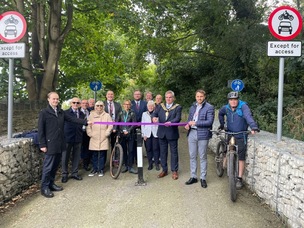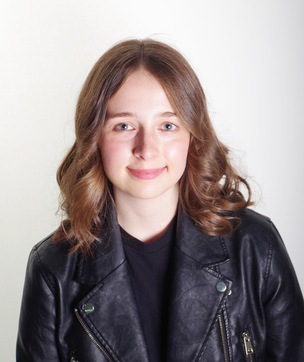A DRUG - which could be given to babies before their first birthday to prevent the spread of a virus - is set to be explored locally after Barnsley Hospital was chosen as a host location for an international study.
Respiratory syncytial virus - commonly known as RSV - causes cold-like symptoms in older children and adults but can cause inflammation in the lower airways in babies, which makes them short of breath.
They can also have difficulties feeding and develop a rattly cough and wheezing, leading to bronchiolitis or pneumonia and - in some cases - hospitalisation.
Up to 70 per cent of babies become infected with RSV in the first year of life, and although many are well enough to be cared for at home, bronchiolitis accounts for nearly 20 per cent of all admissions to hospital of children under 12 months.
Clinics will be held for parents at Barnsley Hospital as part of a study carried out by Harmonie, which will assess the benefits of giving a drug - called Nirsevimab - to healthy babies under 12 months during the winter months.
Dr Sunil Bhimsaria, the principal investigator for the Harmonie study at Barnsley Hospital, said: “Bronchiolitis, when caused by RSV, is a very common and contagious viral infection amongst infants and young children, particularly during autumn and winter months.
“We get babies attending hospital with this infection with quite a few needing prolonged admission for oxygen treatment and support with feeding.
“Many babies go on to need further treatments including support for breathing and some needing intensive care treatment.
“Most hospitalisations due to RSV occur in otherwise healthy babies, and it is difficult to know which babies will develop severe disease requiring medical care.
“More research is needed to protect babies from respiratory infections in the future.”
Previous studies have already been completed in children with serious medical conditions and showed that Nirsevimab is effective at reducing serious symptoms requiring hospital admission.
It has also been proven to be safe and children at higher risk respond well to it, leaders behind the programme say.
The solution is the result of ‘many years of research’ by Sanofi and AstraZeneca and has already been given to more than 3,000 babies.
“We would strongly encourage all parents to consider taking part in this trial,” Dr Bhimsaria added.
“There is a good chance that we should be able to prevent many infants from the ill effects and hospitalisation due to this virus once this treatment is proven to be effective.
“RSV is unpredictable and it is difficult to know which babies will develop severe disease requiring medical care.”



























